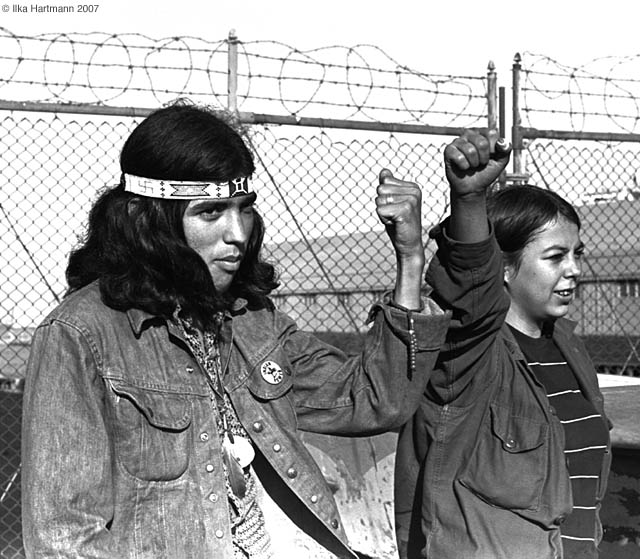November 29, 2010: Diversity is any kind of variety that makes our world a better place.
How many different ways do we have of communicating with each other? The list might seem endless. We talk on our cell phones, we write poems, we high-five each other, we smile. What about one of our newest and most fun modes of communicating—text messaging.
Did you know text messaging has a birthday? Eighteen years ago this week, the first text message ever was sent by a computer science engineer in London, England to his boss. Though a little early, the message said, “Merry Christmas.”
Like most inventions, text messaging can be used for positive and negative purposes. In the context of celebrating the diversity of ways in which we communicate, let’s all remember to use text messaging responsibly and honestly.
Remember, you don’t have to travel as far as London, England to find diversity. There are hundreds of opportunities to celebrate diversity right here at your own school. Find one today!


